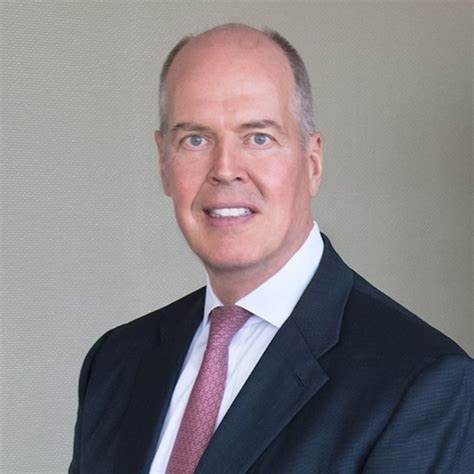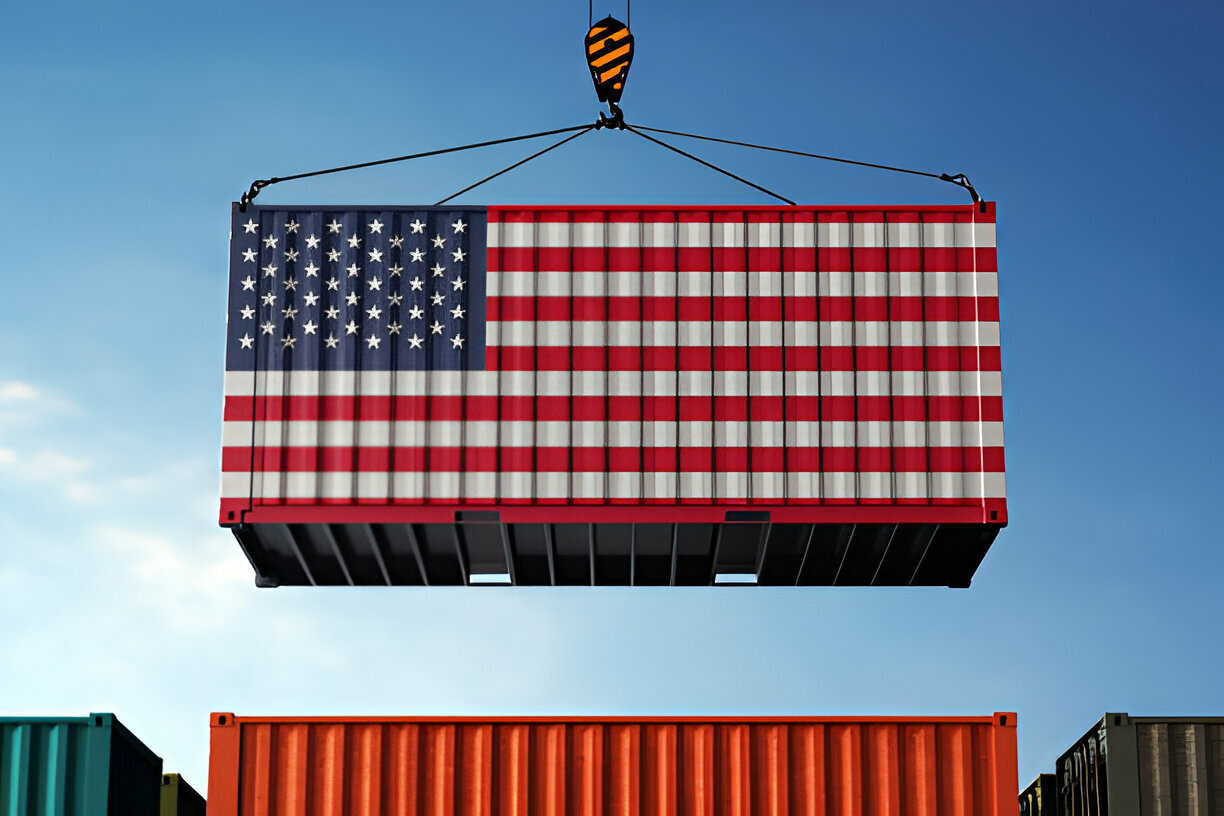Many chief executives of middle-market businesses are sounding the alarm on the potential impact of President-elect Donald Trump’s plan to impose tariffs on imported goods from Mexico, Canada, and China once he takes office later this month, according to a new survey from top 15 accounting firm CBIZ and Hofstra University.
However, optimism about the business environment is rising among middle-market CEOs, with tax policies getting a mixed reaction.
The CBIZ-Hofstra Survey is a periodic gauge of mid-market CEOs’ outlook and priorities for the year ahead. The survey polled leaders of companies with revenues ranging from $5 million to $1 billion-plus and was conducted the week of Dec. 9, 2024, with 256 respondents. Previously known as the Marcum-Hofstra Survey, the name was changed following CBIZ’s acquisition of fellow top 15 accounting firm Marcum last year.
During his presidential campaign, Trump promised 10% to 20% across-the-board tariffs on all imported goods and a tariff as high as 60% on Chinese goods. After he was elected, Trump threatened to impose additional 10% tariffs on goods from China and 25% on all products from Mexico and Canada.
That plan worries a large chunk of middle-market business leaders, with 53.2% of those surveyed expressing strong concern over the tariffs’ financial impact on their companies. Many believe Trump’s tariffs would force them to make strategic and operational adjustments.
Specifically, the survey found:
- 80.9% are considering relocating production to mitigate tariff-related costs.
- 75.4% may reduce their workforce.
- 72.3% plan to delay investments.
- 66.4% are exploring new supplier options.
- 50% are contemplating price increases.

“Our findings highlight the profound ripple effect that even the discussion of tariffs is having on the middle market, forcing CEOs and management teams to rethink their strategies at every level,” CBIZ President and CEO Jerry Grisko said in a statement. “These economic factors compel businesses to be more agile, re-evaluate their operational frameworks, and seek innovative solutions to maintain resilience and competitiveness. Understanding and anticipating these shifts are crucial for CEOs. “
The CBIZ-Hofstra Survey also reveals divided perspectives on the benefits of recent and proposed tax reforms:
- 42.6% of CEOs reported moderate benefits from the Tax Cuts and Jobs Act (TCJA), including reduced corporate tax rates and bonus depreciation.
- 51.9% anticipate positive effects if TCJA provisions are extended, though 30.1% expect no impact.
- 43.3% have benefited from the Inflation Reduction Act, but nearly half (47.7%) reported no tangible gains.
“While tax reforms have provided relief for many, the overall impact remains uneven across industries,” said Bill Smith, national director of tax technical services at CBIZ. “The survey underscores the complexity of tax-driven economic policies and the need for individually tailored strategies to address them.”
Beyond policy concerns, the survey reveals broader trends influencing CEO decision-making, including:
- Economic concerns: Consistently the top issue, cited by 55.1% of CEOs.
- Talent availability: Ranked among the top three influences by 37.5%, reflecting persistent hiring challenges.
- Cybersecurity concerns: Growing in importance, increasing 6.7% since September.
Despite these challenges, optimism among CEOs rebounded in December, with 45% rating their outlook as highly positive, up from 34.5% in September.
“The data from our latest survey underscores the heightened sensitivity of middle-market CEOs to both tariffs and tax policy uncertainties,” said Andrew Forman, PhD, associate professor of international business and marketing at Hofstra University. “As such, businesses are making difficult but necessary decisions to safeguard their profitability and maintain competitiveness.”
Thanks for reading CPA Practice Advisor!
Subscribe Already registered? Log In
Need more information? Read the FAQs




